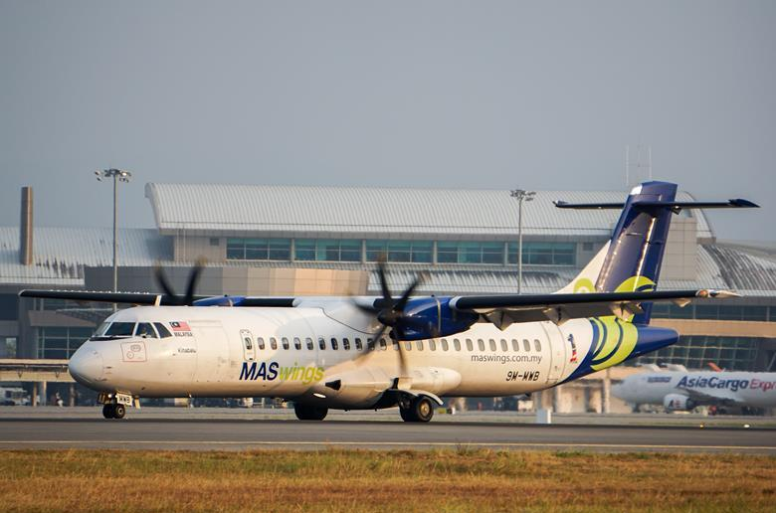 In a significant move to strengthen regional air connectivity, Malaysia Aviation Group (MAG) has officially transferred ownership of MASwings, its rural air services subsidiary, to the Sarawak government. This landmark deal marks a new chapter in the state’s efforts to enhance domestic aviation and improve air accessibility across Sarawak and neighboring regions.
In a significant move to strengthen regional air connectivity, Malaysia Aviation Group (MAG) has officially transferred ownership of MASwings, its rural air services subsidiary, to the Sarawak government. This landmark deal marks a new chapter in the state’s efforts to enhance domestic aviation and improve air accessibility across Sarawak and neighboring regions.
MASwings, which has been operating under MAG as a provider of rural air services in East Malaysia, primarily serves Sarawak, Sabah, and the Federal Territory of Labuan. The acquisition aligns with Sarawak’s long-term vision of enhancing its transport infrastructure and ensuring better connectivity for its remote and rural communities.
Sarawak Premier Tan Sri Abang Johari Openg emphasized that state control over MASwings would allow for more strategic planning tailored to the region’s unique transportation needs. This move ensures that the airline is managed with the best interests of Sarawakians in mind, improving accessibility and economic opportunities in rural areas.
Under state ownership, MAS wings is expected to undergo strategic improvements, Expanded Route Networks – Improved connectivity to underserved areas in Sarawak and Borneo. Fleet Enhancements – Potential upgrades and expansions to better serve passengers. Better Service Efficiency – A focus on punctuality, affordability, and customer experience. Stronger Economic Impact – Boosting tourism, trade, and local business opportunities.
The transfer of MAS wings is part of Malaysia Aviation Group’s broader strategy to streamline its operations and focus on its flagship carrier, Malaysia Airlines, as well as other key business units. By offloading MAS wings, MAG aims to optimize its resources while ensuring the airline continues to serve its vital role under Sarawak’s leadership.
With Sarawak now at the helm, expectations are high for MAS wings to evolve into a more efficient and customer-centric airline that addresses the specific needs of the state. As the aviation sector continues to recover post-pandemic, this move is seen as a bold step in ensuring long-term sustainability and growth for regional air travel in Malaysia.

